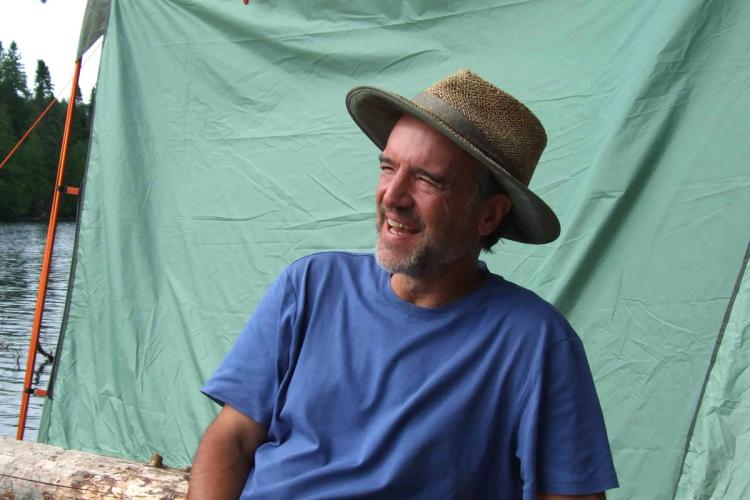Teaching others and ourselves
When we teach, we are in relationship with our students. It may be as “simple” as relating knowledge, skills and academic understandings. It may include basic or rich understandings of the students we teach—their proclivities and their dreams. And it can take the form of exploring, with our students, a world both fraught with pain and injustice, and touched by beauty and wonder.
For years, wise folk have underscored this: Teaching and learning are emotionally infused activities. Teaching demands that we maintain an awareness of these emotional valences. Becoming more emotionally literate, emotionally self-aware and other-regarding is a goal for both teacher and student. We can’t teach our students what we don’t know.
In the last two decades, I’ve found poetry to offer alternative ways of envisioning the educational landscape, enriching teacher and student. Two poems follow: one on loss and the other on the surprising delights of fourth grade.
Our students experience many dimensions of loss. From the loss of a favorite bauble, to a good friend moving away, to the passing of a family member—sadness, loss and grief show up in many ways in the classroom. To better understand my students’ loss, I have explored my own and others’. Mary Oliver’s poem helps with that exploration:
In Blackwater Woods
by Mary Oliver
Look, the trees
are turning
their own bodies
into pillars
of light,
are giving off the rich
fragrance of cinnamon
and fulfillment,
the long tapers
of cattails
are bursting
and floating away over the blue shoulders
of the ponds,
and every pond,
no matter what
its name is, is
nameless now.
Every year
everything
I have ever learned
in my lifetime
leads back to this: the fires
and the black river of loss
whose other side
is salvation,
whose meaning
none of us will ever know.
To live in this world
you must be able
to do three things:
to love what is mortal;
to hold it
against your bones knowing
your own life depends on it;
and, when the time comes to let it go,
to let it go.
Having pursued features of these “three things,” I am better able to attend to all sorts of student sadness and loss. From lost bauble, to moving friend, to departing family member—loss leaves a mark. My empathy is informed; I’m a better teacher.
Brad Aaron Modlin’s poem takes us to very different emotional terrain. In his poem, I’m introduced to Mrs. Nelson, a fourth grade teacher. She seems to understand so many of life’s hidden dimensions:
What You Missed That Day You Were Absent from Fourth Grade
by Brad Aaron Modlin
Mrs. Nelson explained how to stand still and listen
to the wind, how to find meaning in pumping gas,
how peeling potatoes can be a form of prayer. She took
questions on how not to feel lost in the dark.
After lunch she distributed worksheets
that covered ways to remember your grandfather’s
voice. Then the class discussed falling asleep
without feeling you had forgotten to do something else—
something important—and how to believe
the house you wake in is your home. This prompted
Mrs. Nelson to draw a chalkboard diagram detailing
how to chant the Psalms during cigarette breaks,
and how not to squirm for sound when your own thoughts
are all you hear; also, that you have enough.
The English lesson was that I am
is a complete sentence.
And just before the afternoon bell, she made the math equation
look easy. The one that proves that hundreds of questions,
and feeling cold, and all those nights spent looking
for whatever it was you lost, and one person
add up to something.
Modlin reminds us, with humor and insight, that a classroom can be a space that offers self-knowledge, insight, solace and repose. It is a classroom that is both joyful and playful, and oh so consequential. Mrs. Nelson did it and so can we. But how do we take our students to a place where they can come to know and love themselves and others? To do so, we teachers need to love ourselves and others. Perhaps each of us can write stanzas of that poem, in our daily teaching.
In a world as fraught and tender as ours, we teachers need to attend to our emotions as we care for our students. Teaching is an occupation that promises much and can drain just as much, if not more. I don’t know if it can be any other way.


